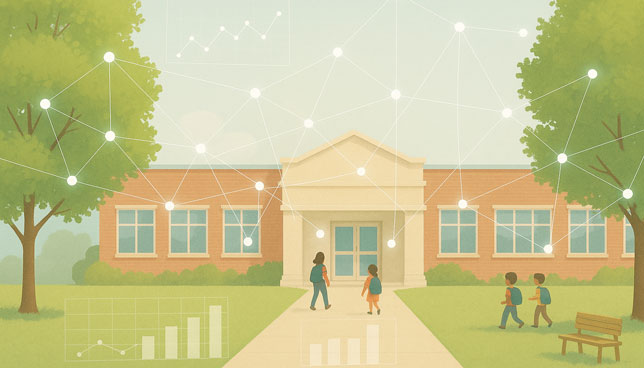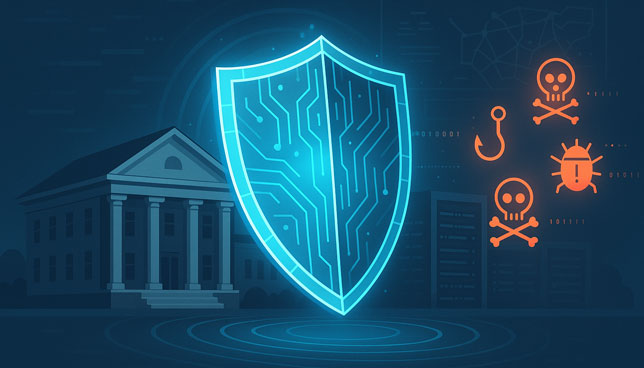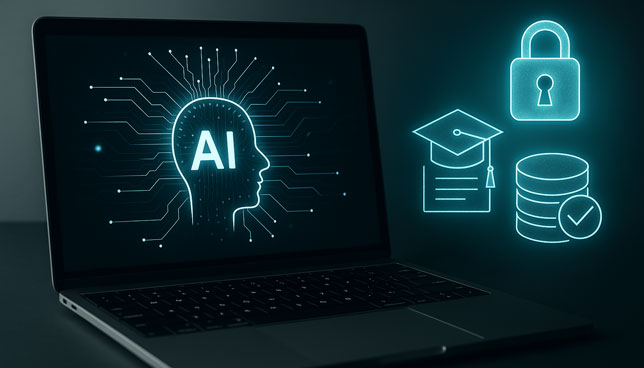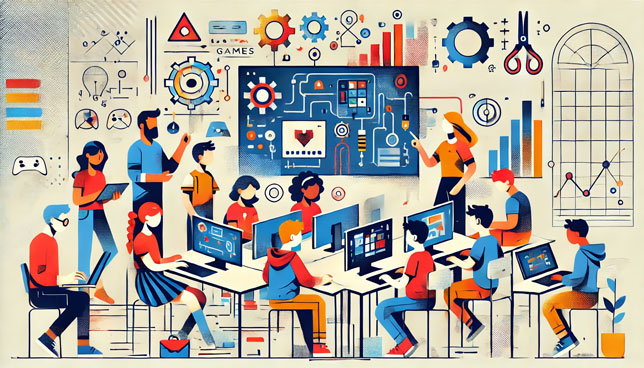
To help students understand and use AI tools, teachers need professional development that supports them in redesigning tried-and-true assignments with an eye to teaching critical thinking.

K–12 leaders know that strong family engagement drives student success. It leads to better achievement, fewer behavior issues, stronger relationships between schools and families, and a more positive learning environment.

As districts and states nationwide invest in tutoring, it remains one of the best tools in our educational toolkit, yielding positive impacts on student learning at scale. But to maximize return on investment, both financially and academically, we must focus on improving implementation.

Decision-making is a skill that must be developed — not assumed. Students need opportunities to learn the tools and practices of effective decision-making so they can apply what they know in meaningful, real-world contexts.

With increasing access to data and powerful analytic tools, the temptation to reduce educational outcomes to mere numbers is strong. However, educational leadership demands a more holistic and thoughtful approach.

Here are six good starting points for K-12 districts that want to improve their cybersecurity mitigation strategies and take a more proactive approach to mitigating risk.

Artificial intelligence is evolving rapidly — both in how it's used and how it's perceived in K-12 education. As a result, schools and districts are under increasing pressure to adapt and respond to the changes AI is driving.

In the face of achievement declines, instructional audio is helping classrooms feel more interactive, making it easier for students to follow along, and even saving teachers’ voices from exhaustion.

Generative AI is already shaping the future of education, but its true potential is only beginning to unfold.

The Max Schoenfeld School, a public school in the Bronx serving one of the poorest communities in the nation, is taking an innovative approach to improving student literacy.